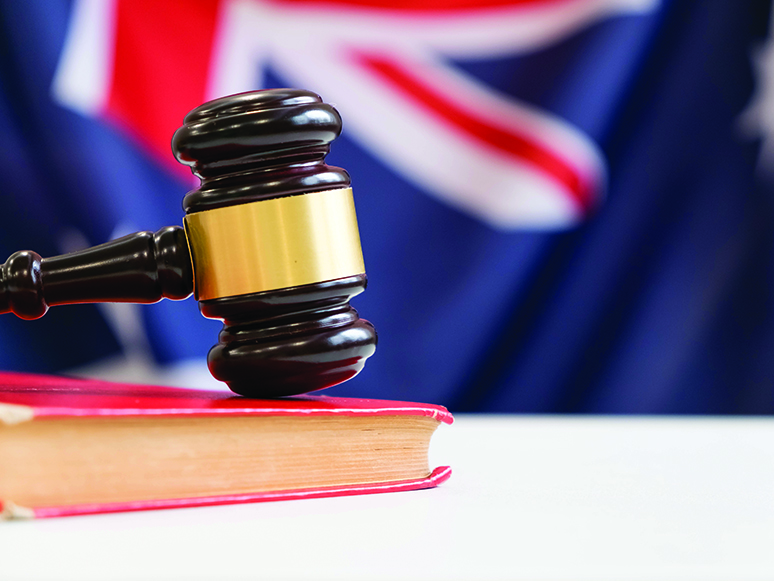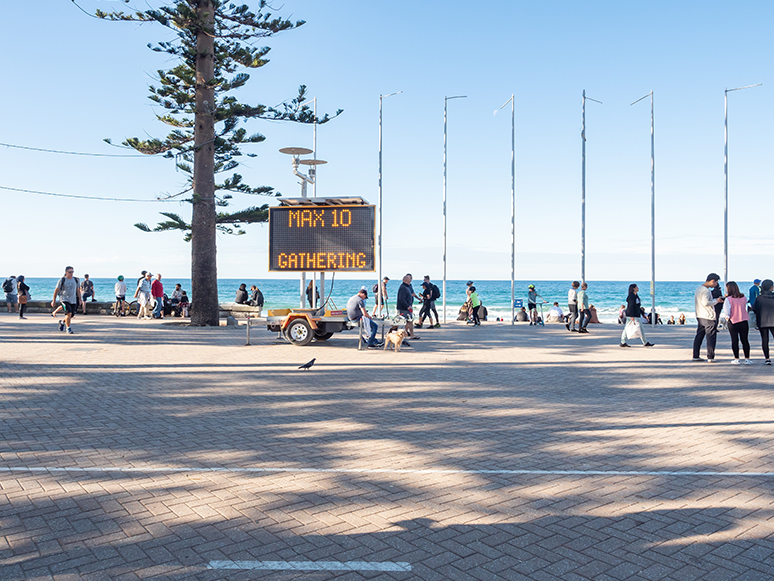logo


17th Oct, 2020

With recent changes to Australia’s superannuation law, the “choice of super fund” regime now extends to employees covered by enterprise agreements and workplace determinations made from 1 January 2021.
Federal Treasurer Josh Frydenberg has said this will allow another 800,000 people to make choices about where their super guarantee contributions are invested, representing around 40% of all employees covered by a current enterprise agreement. The measure was originally announced as part of the Government’s response to the Murray Financial Services Inquiry (FSI) in October 2015.
17th Oct, 2020

The ATO has reminded employers that the superannuation guarantee (SG) amnesty closed on 7 September 2020. The amnesty enabled employers to self-correct historical SG underpayments, without incurring the normal penalties, for SG shortfalls from 1 July 1992 until 31 March 2018.
Any amnesty applications received by the ATO after 11:59pm on 7 September will not qualify for the amnesty and but instead will be treated as a standard lodgment of a super guarantee charge (SGC) statement.
The ATO will notify late applicants in writing of the quarters that aren’t eligible for the SG amnesty and charge the administrative component ($20 per employee per quarter), also considering whether to remit the additional SGC penalty (up to 200%). A minimum penalty of 100% will apply if the ATO subsequently commences an audit in respect of non-disclosed quarters covered by the amnesty.
The ATO will issue a notice of amended assessment with the increased SGC amount owing. Any SGC payments made after 7 September 2020 are not deductible, even if they relate to SG shortfalls disclosed under the amnesty.
To retain the benefits of the amnesty, the law requires an eligible employer to pay the outstanding SGC amount in full or enter into a payment plan with the ATO. Note that the SGC amount disclosed in an amnesty application must be paid to the ATO (not the employee’s super fund).
Amnesty payments made after 7 September 2020 are not deductible (including amounts paid under a payment plan after 7 September). If an employer is subsequently unable to maintain payments under a payment plan, the ATO will disqualify the employer from the amnesty and remove the amnesty benefits for any unpaid quarters.
15th Aug, 2020

On 23 July 2020, Federal Treasurer Josh Frydenberg released the Economic and Fiscal Update July 2020, outlining the key COVID-19 policy response measures announced by the Government since March 2020. The Treasurer said the Government has provided economic support for workers, households and businesses of around $289 billion (14.6% of gross domestic product) in response to the pandemic.
The economic update incorporated the extension of JobKeeper payments for six months beyond its legislated finish date of 27 September 2020. The total cost of the extended JobKeeper regime is now estimated to be $85.7 billion over 2019–2020 and 2020–2021.
While the update did not include any major new financial support measure announcements, it brought information about a range of other changes, including that:
The Economic and Fiscal Update was never meant to be a “mini budget”, and the Federal Budget will be handed down on 6 October 2020. Mr Frydenberg has previously indicated that the Government is looking at the timing of the legislated personal income tax cuts and may consider bringing them forward as part of the Budget in October.
15th Aug, 2020

If you’ve purchased assets for your business, remember that you may be eligible to claim an immediate deduction in your 2019–2020 and 2020– 2021 tax returns under the instant asset write-off, which was recently further expanded.
From 12 March to 31 December 2020 inclusive, the instant asset write-off threshold for each asset increased to $150,000 (up from $30,000) for business entities with aggregated annual turnover of less than
$500 million (up from $50 million). To get it right, remember:
15th Aug, 2020

The Government has announced that JobKeeper payments will continue for six months beyond the legislated finish date of 27 September 2020, subject to revamped eligibility rules. Treasurer Josh Frydenberg said the Government will introduce two tiers of payment rates as part of “JobKeeper 2.0” to better reflect the pre-COVID-19 incomes of recipients.
The extension of JobKeeper from 28 September 2020 until 28 March 2021 will also include a requirement for businesses and not-for-profits to demonstrate an actual decline (not merely predict a decline) in turnover under the existing turnover test. The JobKeeper payment will also be stepped down and paid at two rates. Importantly, the existing arrangements for those receiving JobKeeper payments continue until
27 September 2020.
The JobKeeper payment ($1,500 per fortnight until 27 September) is to be reduced and paid at two rates.
| Period | Rate per fortnight (full) | Rate per fortnight (<20 hours worked per week) |
| 28 September 2020 to 3 January 2021 | $1,200 | $750 |
| 4 January 2021 to 28 March 2021 | $1,000 | $650 |
Businesses and not-for-profits will be required to nominate which payment rate they are claiming for each of their eligible employees (or business participants) and will have to meet a further decline in turnover test for each of the two periods of extension.
The eligibility rules for employees remain unchanged. Self-employed people will be eligible to receive the JobKeeper payment where they meet the relevant turnover test and are not a permanent employee of another employer.
15th Aug, 2020

The ATO’s key JobKeeper information has been updated to note that payments for childcare providers stop from 20 July 2020.
This follows the Government’s changes to transition certain approved providers of childcare services out of the JobKeeper scheme. The Government has instead decided to extend separate support to this sector by reintroducing the Child Care Subsidy and adding a Transition Payment as part of the Early Childhood Education and Care transition arrangements.
The changes mean that eligibility for JobKeeper payments ends from 20 July for:
Childcare providers need to ensure that they do not claim JobKeeper for employees and eligible business participants who are no longer eligible. Likewise, childcare providers will not be reimbursed for payments made after JobKeeper Fortnight 8 (6 to 19 July 2020).